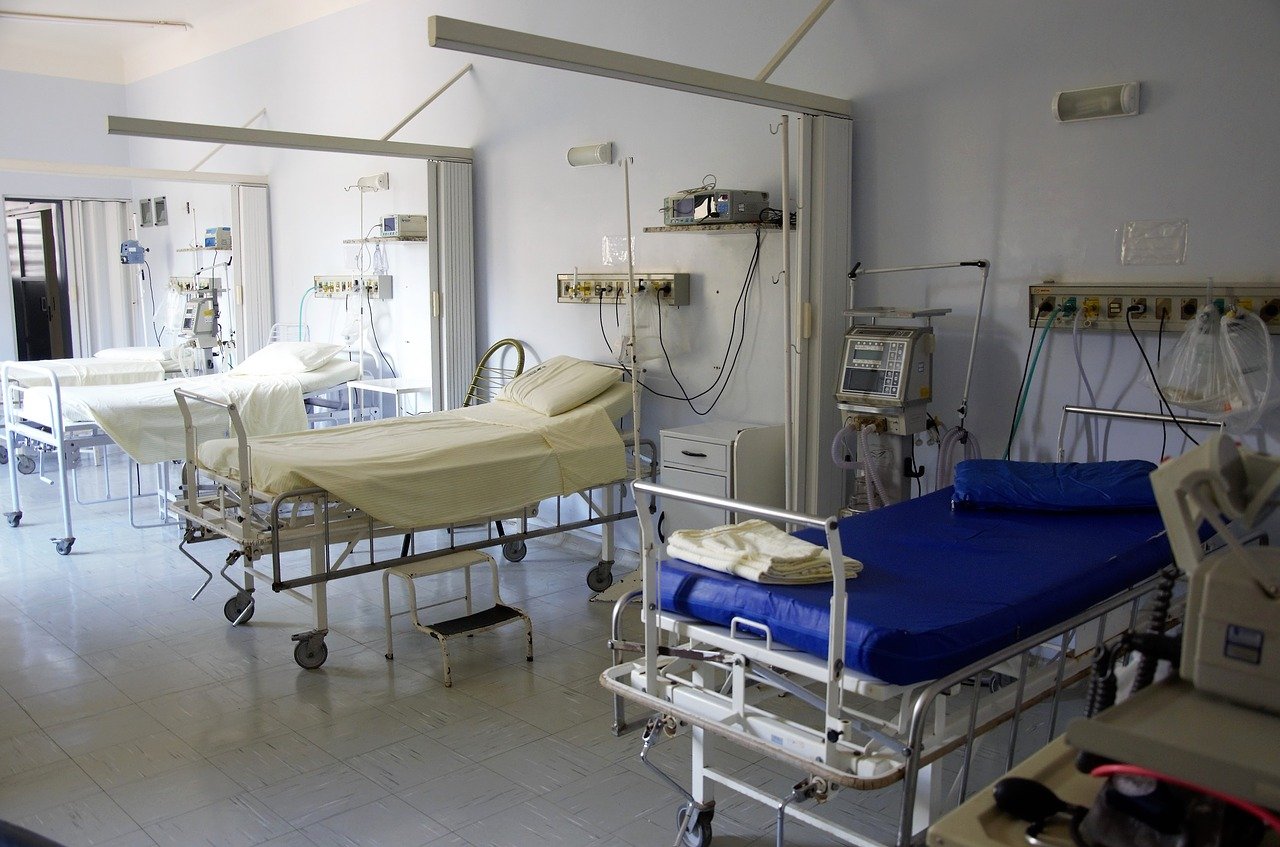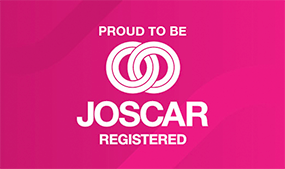
20/07/2021
How to handle patient possessions on shift
What steps can be taken to ensure that patient property is handled with dignity and professionalism, whilst not distracting time and attention away from urgent medical care?
Patients requiring emergency medical care often have a wide variety of possessions on their person, from engagement rings and watches, to wallets, phones, and family photos. In the pressure to provide critical treatment, the safety and whereabouts of personal possessions frequently takes second place, and it is not uncommon for small but valuable items to become mislaid at the incident site, in the ambulance, or during the transfer to hospital.
This presents a thorny problem for medical staff, who have a duty of care to handle patients’ possessions responsibly while prioritising essential treatment – often in the face of time-sensitive medical emergencies such as heart attacks, strokes, and life-threatening injuries. Ignoring possessions in the patient’s clothing or on the ground (where they may have been accidentally discarded during the emergency), or simply picking them up for storage in a pocket or bag, increases the likelihood of them being lost, and exposes medical staff to accusations of misconduct.
Removing important or sentimentally valuable items such as a child’s favourite toy or jewellery can also increase the anxiety of a patient at a time when it is vital for them to stay as calm as possible.
Maximising the care of our patients is our ultimate aim, so what steps can be taken to ensure that patient property is handled with dignity and professionalism, whilst not distracting time and attention away from urgent medical care?
-
Understanding Duty Of Care
The first step is to understand your appropriate duties and responsibilities in the circumstances, when a patient’s possessions should be removed for safekeeping, and how to handle the personal possessions of those who lack the mental capacity to make informed decisions.
The principle should always be that the patient retains control of their possessions until such time as they are unable to do so, or informed consent is given to medical personnel to manage their property on their behalf. Medical staff should ask patients if they have any valuables or cash in their possession at the time, and if possible, these should be placed into the care of a loved one or next of kin.
However, if a patient is unconscious on arrival, or they lack mental capacity, or if they die in hospital or in transit, all personal property and valuables may have to be taken into safe custody. Always follow your local protocols when dealing with this scenario.
-
Procedures For Handling Patient Property
When custody is required, patients (or their parent/guardian in the case of minors) must be given clear information about where and how the items are to be cared for in the hospital facility, and the process for reclaiming them. This procedure may have to be explained to your patient when handing over to the care of the hospital. Specific procedures vary, but general NHS guidelines for handling patient property can be found here. In most hospitals, cash and high-value items are checked-in with the hospital cashier, who logs the possessions in a valuables book, with a receipt provided to the nurse or ward clerk and to the patient, with an additional copy kept in the patient’s notes.
-
Enhancing Care For Patients In Ambulances
While it is straightforward to establish a custody procedure and audit trail when the possessions are safely logged in the hospital, the situation in the ambulance is frequently more chaotic. To prevent patients getting anxious about possessions and to enhance ambulance-based care, items taken into custody should be quickly and efficiently stored in a safe place. A secure patient property bag, with the ability to provide a receipt to the patient, and track the property location as it is handed over, such as our SmartSafe will provide an ideal solution. SmartSafe will provide confidence to patients, that their valuables are protected against loss or damage, and assist in reducing the anxiety of our patients during a stressful time, ultimately enhancing your care.
Find Out More
TSG Associates are one of the world’s leading providers of emergency patient care and evacuation equipment, with industry-leading products used by hospitals and healthcare providers around the world. To find out more, or to discuss your needs with one of our team, please get in touch today.
Image source: Pixabay








